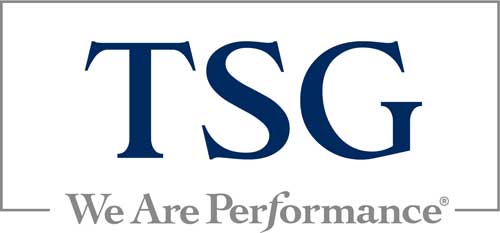by David Spaulding | Feb 7, 2019 | annualization, annualized returns, cumulative returns, Investment Performance Guy
When it comes to the annualization of returns, most folks think that the rules are pretty straightforward and agreed by all. However, that truly is not the case. And, it is most notable when we’re dealing with a “point-to-point” cumulative return...
by David Spaulding | Jun 3, 2017 | performance charts, annualization, annualized returns, Investment Performance Guy, performance measurement
This post is about performance charts; it just so happens that I’m using one that just appeared on Twitter by Charles Schwab. As the saying goes, “credit where credit is due,” so I’m obligated to acknowledge my source. But, I’m not really...
by David Spaulding | Aug 26, 2015 | annualization, Investment Performance Guy, performance measurement
We teach how to annualize rates of return in our Fundamentals of Performance Measurement course. Invariably, someone will ask whether using trade days might be better than calendar days. I normally give a brief explanation as to why it wouldn’t, and then move...

by TSG | Dec 16, 2013 | annualization, annualized returns, GIPS, Performance Perspectives Newsletter
VOLUME 11 – ISSUE 4 December 2013 Download PDF...

by admin | Aug 6, 2012 | annualization, CIPM Exam Tips & Tricks, CIPM expert, CIPM formulae, CIPM Principles, geometric linking, GIPS, time-weighted return
Most performance analysts have heard it said that we should never annualize returns of less than one year. Some may also be aware that GIPS provision I.5.A.4 (2010 edition of GIPS) forbids compliant firms from annualizing returns for periods of less than a...

by admin | Apr 11, 2011 | annualization, CIPM, CIPM expert, CIPM Principles, exponents, geometric linking, roots
Sometimes when we are calculating returns, we need to know the meanings of roots and exponents. This may be especially true when we have to enter things on the calculator, like CIPM candidates are required to do on exams.In mathematics, the n-th root of a number x is...





